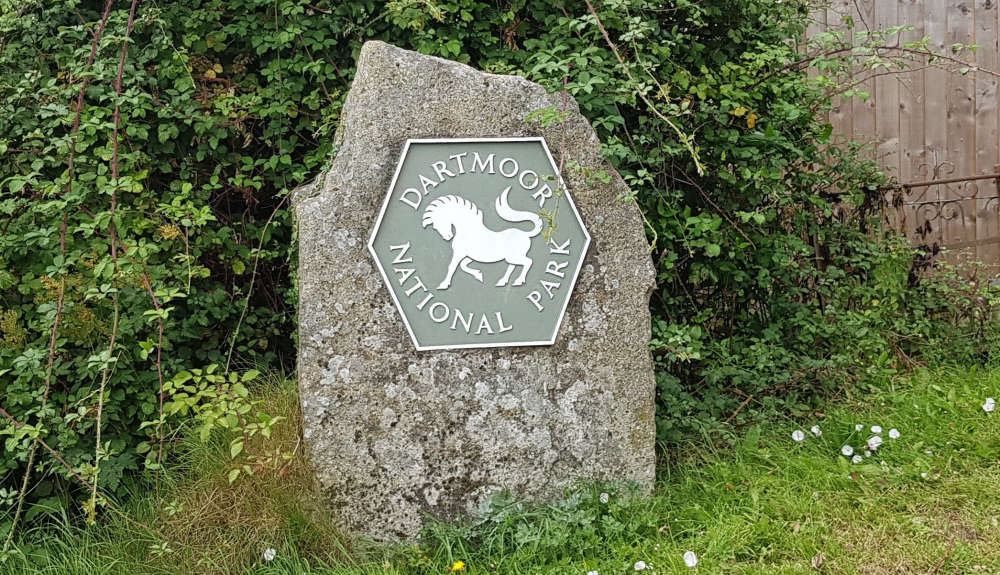
Planners & environmentalists will retain control
Planners and environmentalists will continue to control development on Dartmoor despite fears that it will become a hotspot for new industry as part of Plymouth and South Devon’s Freeport.
Chair of the freeport Jan Ward says the benefit of including the moor in the designated area will be jobs for residents, with development concentrated elsewhere.
Key sites for industry are Plymouth’s South Yard, at Langage and at Sherford, the new town in the South Hams on the outskirts of the city.
Freeports offers tax breaks for companies, with the aim of unlocking millions of pounds in grants and attract new businesses. In Devon it is claimed it could lead to 3,500 new jobs.
The public/private partnership involving Plymouth City Council, Devon County Council and South Hams District Council has received ‘seed funding’ of £25 million from the government to kick-start it and pay for infrastructure.
Within two years, it plans to become self-financing from business rates it gets from companies setting up, expanding or relocating within the freeport‘s 75 km area.
Mrs Ward said Dartmoor would be protected in the way it always had been. “Dartmoor is part of the area we would like to benefit from what is going on in the freeport tax site locations by generating jobs,” she said.
“In the national park itself, there is absolutely no chance we would get anything past the planners or Natural England and we would not want to.
“The fact that it is included is really because it was part of the total boundary we were allowed and so that is just the way it panned out.
“There would be nothing happening in that area that wouldn’t have the same regulations as before it was part of the freeport. This doesn’t sweep them away.”
Potentially, though, more housing could be needed on the moor to accommodate people coming to the area to work, but that would also be a planning issue.
Freeports are set up in areas where there is a lack of economic growth. In Devon and Plymouth that has much to do with a lack of infrastructure but £25 million won’t cover it and local authorities and the utility companies who run the projects will be asked to match fund them.
Mrs Ward, who added that the freeport company was a “very small enterprise” said the aim was to attract highly skilled, highly paid jobs. The current business plan runs for five years, but the freeport has a 25 year life span.
Within two months of being given the green light by government at the beginning of 2023, the Plymouth and South Devon Freeport celebrated its first private sector investment announcement, as Devonport-based Babcock secured a multi-million pound contract in partnership with Devon defence vehicle designer and manufacturer Supacat.
This contract to manufacture 70 military vehicles is delivering 90 new jobs and enables Babcock to expand its operations in the freeport’s South Yard tax site.
Every day there are more companies expressing an interest. Mrs Ward said there were 12 projects in hand and another eight being discussed.
Freeports reducesthe administration burden and free up cash flow for companies by offering tax breaks. They are controversial, as they prevent a levelling playing field for companies based in other areas.
Mrs Ward claims that an MoD base in Plymouth provides a potential for great success.
“The biggest issue we have is infrastructure. That is the reason why we do not have enough employment land. Companies cannot afford to finance roads or power cables, so that is what the freeport is helping with.”
But there have been concerns over the use of public funds to help private companies.
Mrs Ward, who has 35 years experience in the energy industry and was awarded the CBE in 2015 for her services to business, said it is a heavy responsibility to make the right decision with public money, but the process was “rigorous” and under scrutiny from the Department of Levelling Up, Housing and Communities.
“We need to make sure that everything is done in such a way that it’s not prejudicial to taxpayers’ money,” she said.
“The main aim of why I do this kind of thing is that I want to bring innovation and skills. If we bring skills we bring jobs and that changes people’s lives. There is a huge will to make this work and there are so many opportunities out there that we have to grab them.”
She also wanted to reassure people that the freeport does not lead to illegal trade.
“I know there is discomfort about possible corruption. The regulations that we as directors of the freeport have to abide by are very very rigorous, much more than what you would have in limited company.
“I do not want to make decision that would lead to anything that was not regulated and legal as I would go to prison, The idea that somehow we are facilitating criminal activity….the personal consequences it would have on the directors of the company it would not be worth it.”
The CEO of the Plymouth and South Devon Freeport Richard May will be answering questions along with freeport board members and experts at the Royal Seven Stars in Totnes on Thursday (25 April).
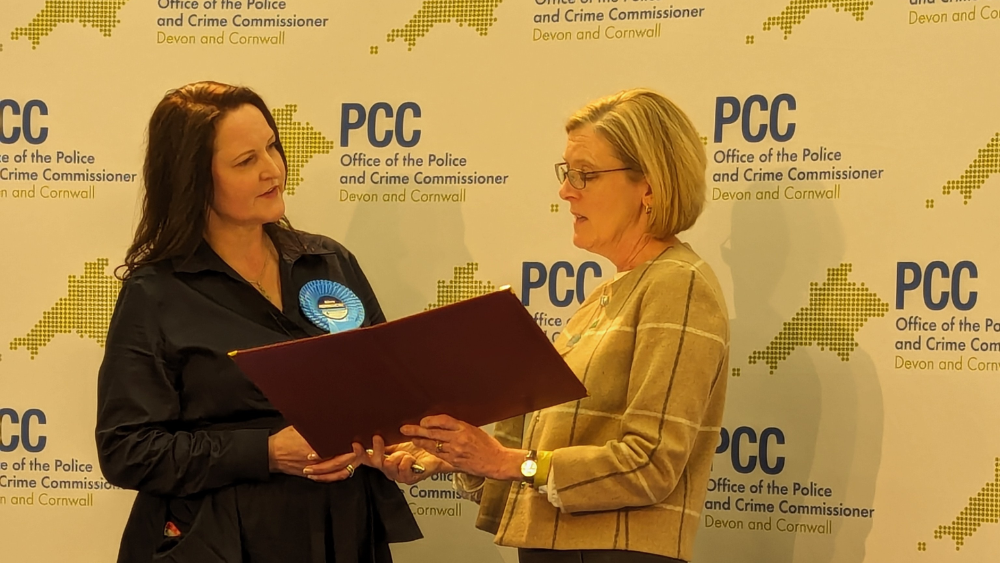 Alison Hernandez secures third term as police and crime commissioner
Alison Hernandez secures third term as police and crime commissioner
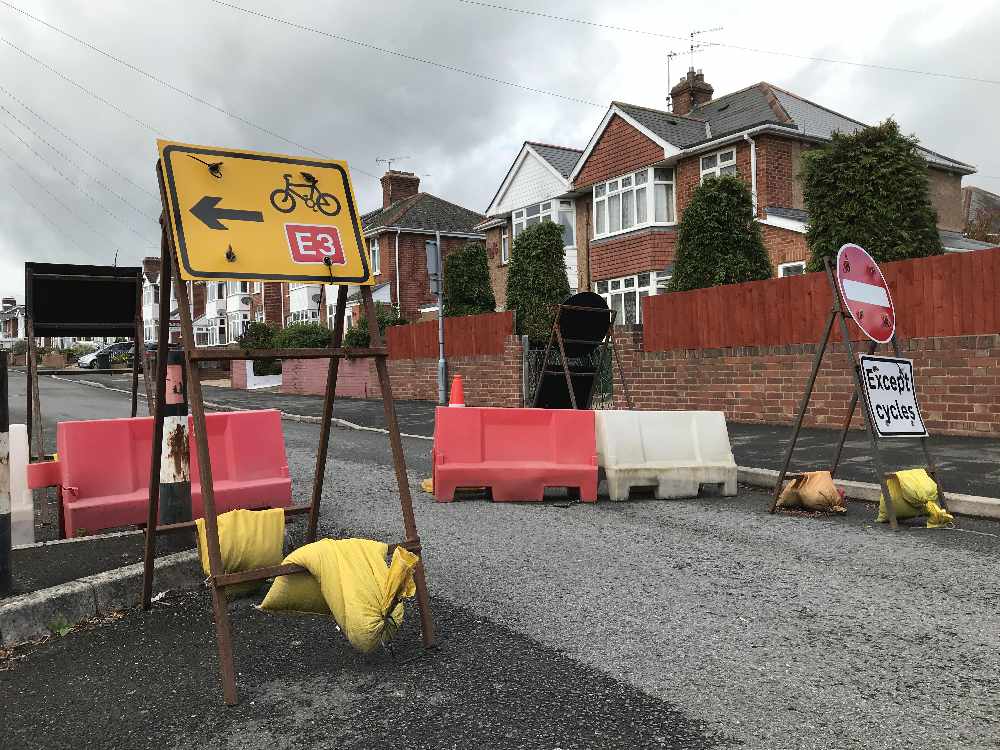 How Exeter's traffic troubles influenced council vote
How Exeter's traffic troubles influenced council vote
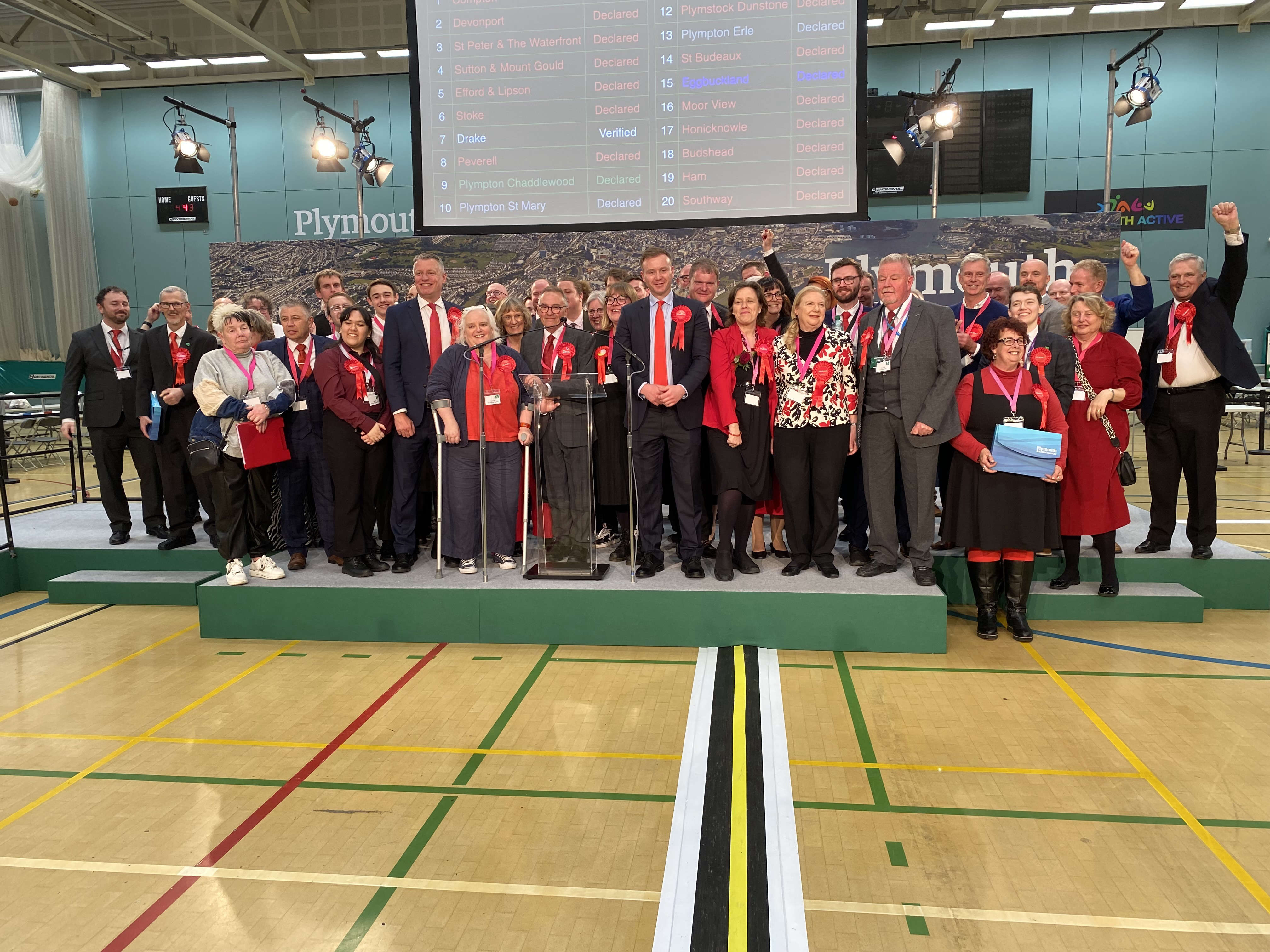 Labour tightens grip on Plymouth City Council power
Labour tightens grip on Plymouth City Council power
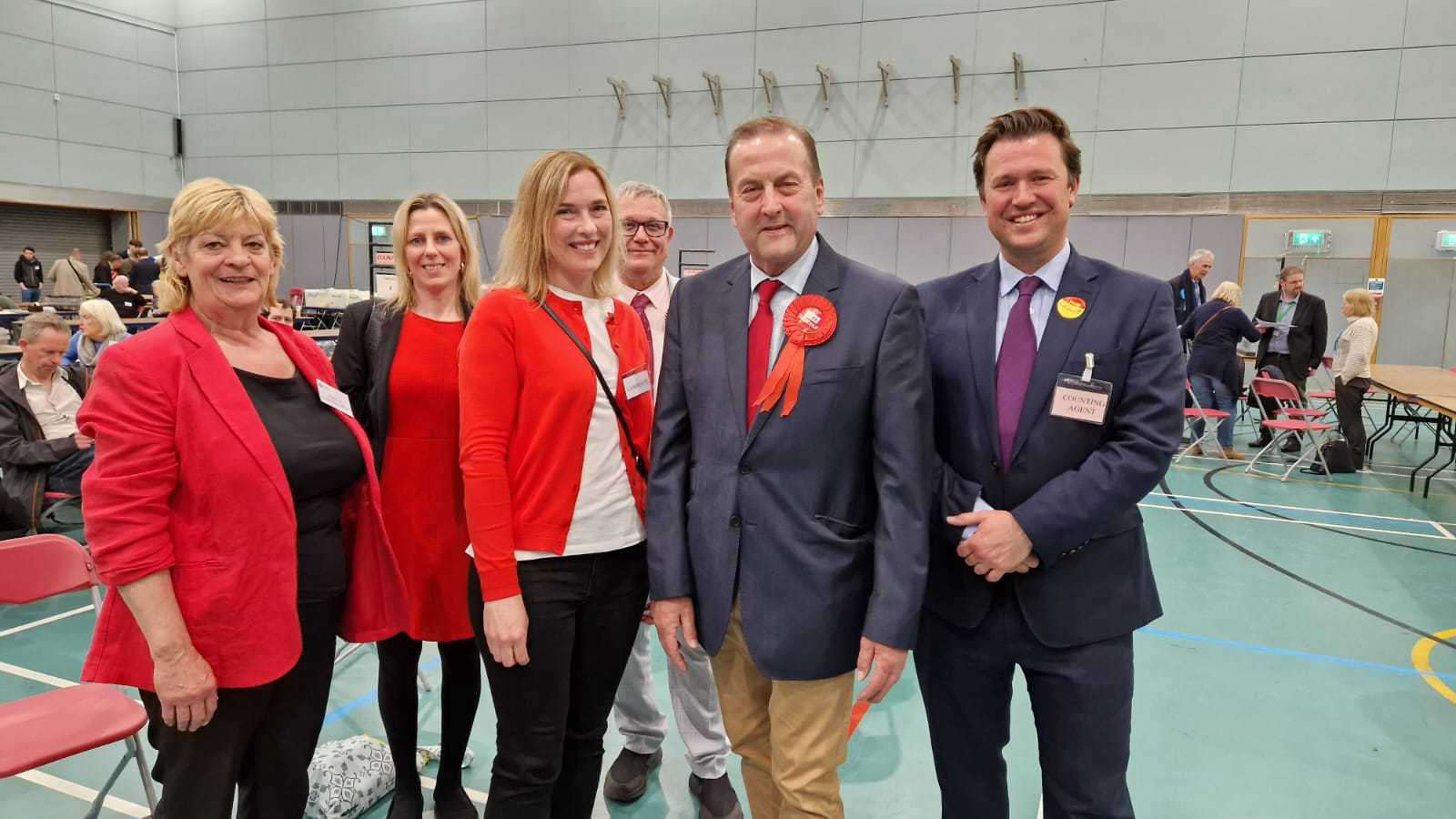 Labour retains control of Exeter City Council
Labour retains control of Exeter City Council
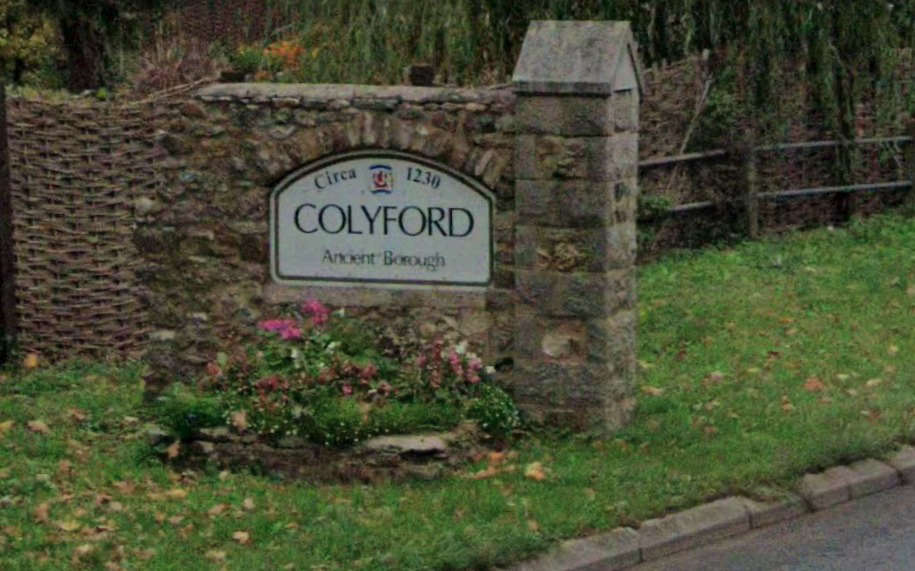 Colyford pushes for more action in ongoing spat with Colyton
Colyford pushes for more action in ongoing spat with Colyton
 Devon voters go to the polls
Devon voters go to the polls
